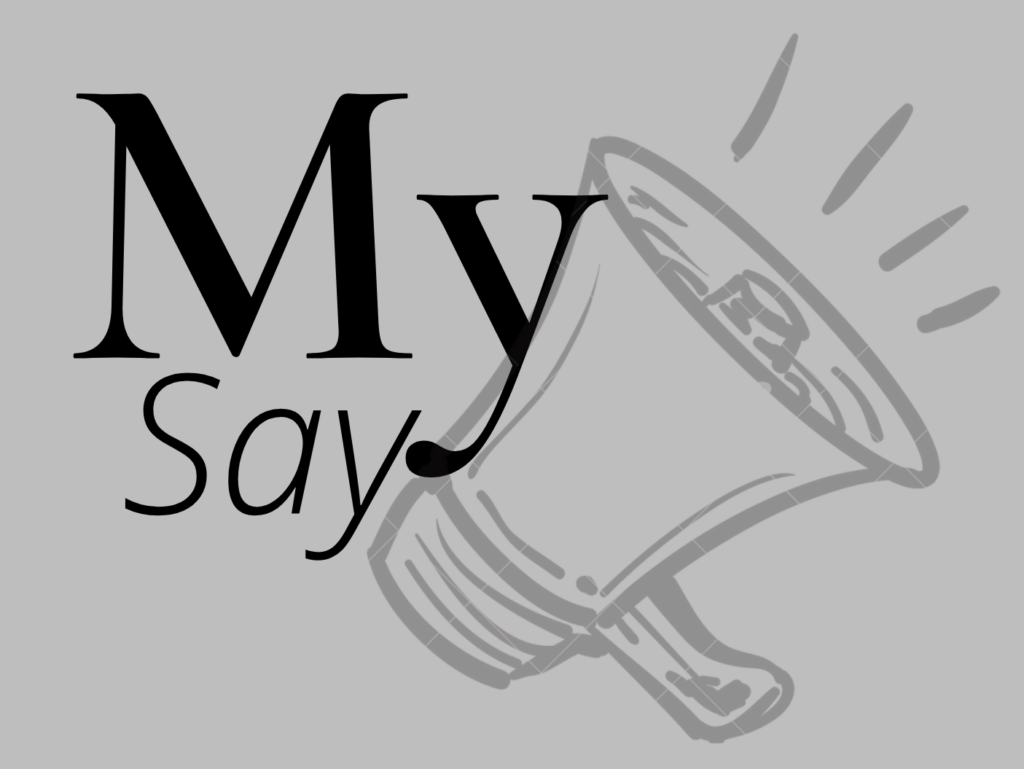By ZIMKITA LINYANA
I recently RSVP’d to attend a lunchtime talk on a topic close to my heart. I had been looking forward to it all week. At 12.30 pm on the day, I thought it was a good idea to get a ‘quick’ snack 10 minutes away from the venue. I was wrong; it wasn’t a good idea.
I arrived five minutes late, at 1.05 pm, and attempted an inconspicuous manoeuvre into the back of the seminar room. I was unsuccessful. The room was packed, and the audience was facing toward the door. I peeked my head in sheepishly and received glaring unwelcoming stares. I quickly dashed away, making a beeline for the gate. I get it. I was in the wrong. I was late. Deserving of unwelcoming stares.
And yet, my fully grown adult brain didn’t take it well. I was a bit sad and disappointed, but I quickly bounced back, and all was well. Life continued.
This might not have been the case in the psyche of 18-year-old Xolani*, who was discriminated against, profiled, and denied entry into a local bank and local shop in our town last Tuesday.
I don’t know what metrics the people at the door used, but it reeked of classism.
Xolani was in industrial overalls and a vest with smudges of Earth. He had been working hard in the hot sun all day trying to earn a living, which he does seven days a week, rain or sun. He needed to make a quick transaction at the bank but didn’t have a mask on, so we made a stop at a nearby shop to get one.
I led the way and went straight to the counter. Xolani waited for me at the doorway as he would need a mask to enter; this was cool. I looked back at the door, not expecting anything sinister as I always have friends waiting for me by the door of a store. The gatekeepers at the door insisted that he must go away, telling him not to linger, questioning his motives, insinuating that he was a criminal.
The look on his face as he tried to explain himself was mortifying. It was a heart-shattering thing to witness, especially because he is just a child, a teenager. When I told them Xolani was with me and just waiting for me, they let him stand near the door.
I wasn’t in overalls; I had not been working in the sun like the young man, but had I been in the same attire as he was, would I also have been denied access? Who knows?
This was not all; when the young man finally put on a mask and made his way to the bank, the man at the bank entrance wouldn’t attend to him. He immediately turned him away. I was right at his heel, and as soon as the man noticed I was with Xolani, they let him proceed. Apprehensively. I was furious and incredibly disappointed.
This is wrong. Wrong on so many levels. Scientifically the brain of an 18-year-old is at a critical stage of development and is ultra-sensitive, and needs compassion, kindness, and consideration.
This young man is out of school, doing hard labour for survival. He has been denied his constitutional right to an education and other human rights due to circumstances beyond his control. While his peers are in school or sitting comfortably at home through sheer luck, he is denied basic access to public institutions.
This can completely shatter their self-esteem and will for emancipation. Being black, poor, and a teenager is hard enough. When your appearance, how you dress, and problematic biases are the lenses through which gatekeepers of public spaces gauge how much basic decency you deserve, how can young people lift themselves, be empowered, and strive for self-development? Humans, we can do better; let the spirit of Ubuntu lead all our engagements. We all need to check our biases and unlearn problematic social conditioning.
*name changed


